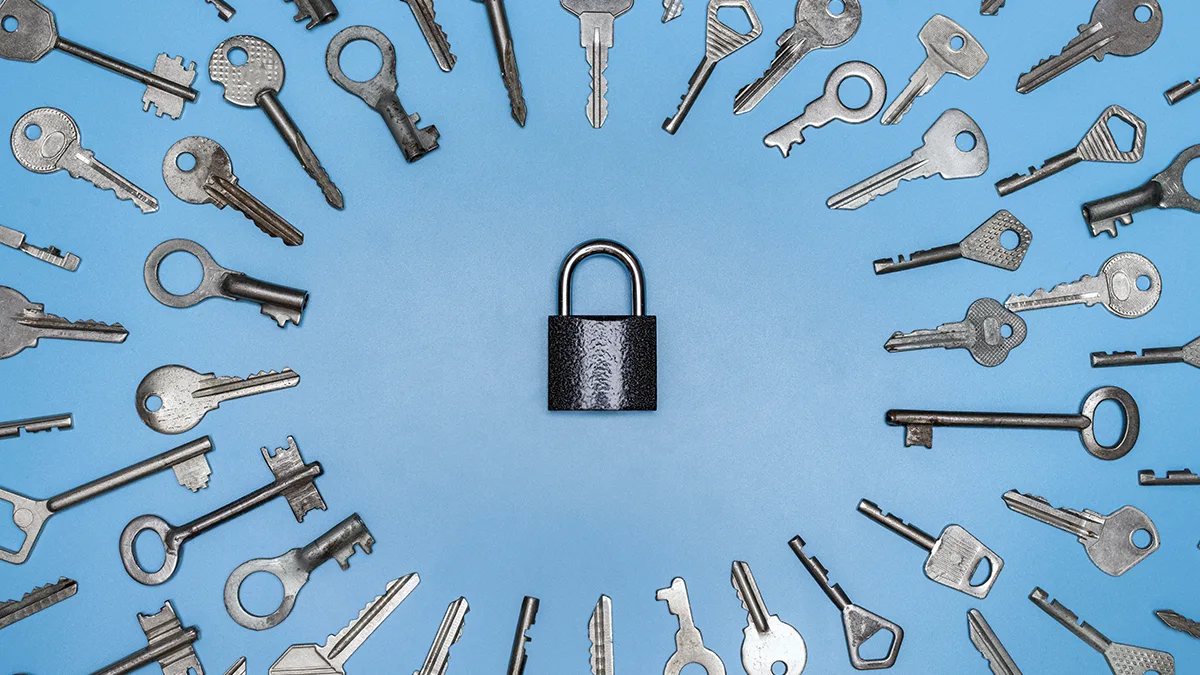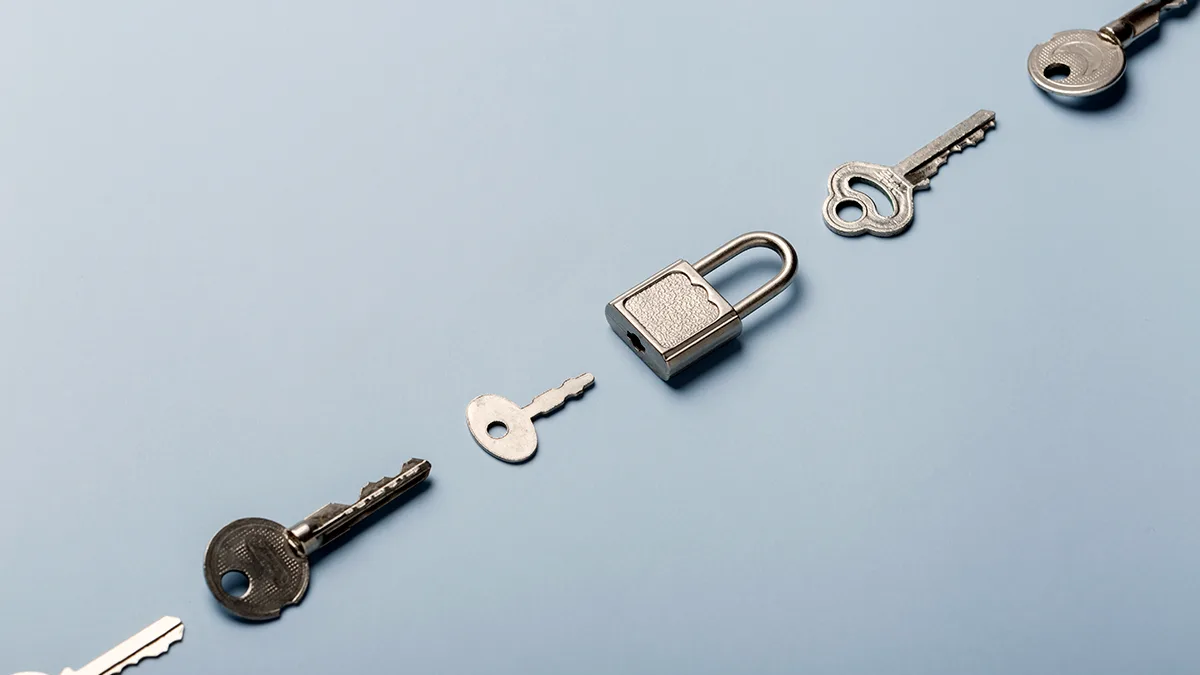The Hidden Costs of DIY Lock Repairs and How to Avoid Them. In a bustling city…
Best Practices for Lock Maintenance in the UK
Best Practices for Lock Maintenance in the UK. Lock maintenance is a crucial aspect of home and business security that often goes overlooked. In a bustling city like London, where the risk of burglary can be heightened, ensuring that your locks are in optimal condition is essential.
This article will explore the best practices for lock maintenance in the UK, providing valuable insights for homeowners and business owners alike.
As we approach 2025, understanding these practices will help you safeguard your property effectively.
Understanding the Importance of Lock Maintenance
Locks are the first line of defence against intruders.
They not only protect your possessions but also contribute to your peace of mind.
Regular maintenance of your locks can prevent malfunctions, prolong their lifespan, and ensure they function correctly when you need them most.
A well-maintained lock can also save you money in the long run by reducing the need for repairs or replacements.
Common Types of Locks in the UK
Before delving into maintenance practices, it’s essential to understand the types of locks commonly used in the UK:
- Cylinder Locks:
- Widely used in residential properties, these locks are easy to operate and can be replaced without changing the entire locking mechanism.
- Mortice Locks:
- Often found in wooden doors, mortice locks provide a higher level of security and are typically more complex than cylinder locks.
- Deadbolts:
- These locks provide an additional layer of security and are commonly installed alongside other types of locks.
- Smart Locks:
- Increasingly popular, especially in urban areas like London, smart locks offer keyless entry and can be controlled via smartphones.
Best Practices for Lock Maintenance
1. Regular Inspection
Regularly inspecting your locks is the first step in effective maintenance.
Check for any signs of wear and tear, such as rust, corrosion, or loose screws.
If you notice any issues, it’s advisable to contact a professional locksmith in London to address the problem before it escalates.
2. Cleaning
Dirt and grime can accumulate in the locking mechanism, leading to malfunctions. To clean your locks:
- Use a soft cloth to wipe the exterior of the lock.
- For the internal mechanism, apply a small amount of lubricant (preferably graphite-based) to ensure smooth operation. Avoid using oil-based lubricants, as they can attract dirt.
3. Lubrication
Lubrication is vital for maintaining the functionality of your locks. It helps reduce friction, making it easier to turn the key and operate the lock. Here’s how to do it properly:
- Use a high-quality lubricant designed for locks.
- Apply a small amount to the key and insert it into the lock several times to distribute the lubricant evenly.
- Wipe away any excess to prevent dirt accumulation.
4. Key Maintenance
Your keys play a significant role in the operation of your locks. To ensure they remain in good condition:
- Avoid bending or twisting your keys, as this can cause them to break.
- Keep your keys clean and free from dirt.
- If you notice any wear on the key, consider having a duplicate made before it becomes unusable.
5. Seasonal Checks
In the UK, the weather can be unpredictable, affecting the functionality of your locks.
Conduct seasonal checks, especially before winter and after heavy rains.
Look for signs of moisture, rust, or other damage that may have occurred due to the elements.
6. Upgrade Locks When Necessary
As technology advances, so do the methods employed by burglars.
If your locks are outdated or no longer meet security standards, consider upgrading to more advanced options, such as smart locks.
These locks offer enhanced security features and can be monitored remotely, providing additional peace of mind.
7. Seek Professional Help
While DIY maintenance is beneficial, there are times when professional assistance is necessary.
If you encounter any significant issues or if your locks are damaged, it’s best to consult a qualified locksmith in London.
They can provide expert advice and ensure that your locks are repaired or replaced correctly.
8. Keep Spare Keys Secure
Having spare keys is essential, but it’s crucial to store them securely.
Avoid hiding them in obvious places, such as under doormats or in flowerpots. Instead, consider giving a spare key to a trusted neighbour or using a secure key box.
9. Educate Household Members
Ensure that everyone in your household understands the importance of lock maintenance.
Educate them on how to use the locks properly and encourage them to report any issues immediately.
This proactive approach can help prevent lock-related problems from escalating.
10. Document Your Locks
Keeping a record of your locks, including their types, installation dates, and maintenance history, can be beneficial.
This documentation can help you track when it’s time for a replacement or a professional inspection.
The Role of a Professional Locksmith
In London, professional locksmiths play a crucial role in ensuring the security of homes and businesses.
They offer a wide range of services, including:
- Lock Installation:
- Ensuring that your locks are installed correctly for maximum security.
- Repair Services:
- Addressing any issues with malfunctioning locks.
- Security Consultations:
- Providing advice on the best locking systems for your property.
- Emergency Services:
- Assisting with lockouts or break-ins promptly.
When seeking a locksmith, ensure they are qualified, insured, and have good reviews. This will ensure that you receive reliable and professional service.
As we approach 2025, the importance of lock maintenance cannot be overstated.
By adhering to the best practices outlined in this article, you can enhance the security of your property, whether it be a home in London or a business in the countryside.
Regular inspections, cleaning, lubrication, and professional assistance are all key elements in maintaining your locks effectively.
Investing time and effort into lock maintenance will not only prolong the lifespan of your locking mechanisms but will also provide you with the peace of mind that comes from knowing your property is secure.
Remember, a proactive approach to lock maintenance is the best defence against potential security threats.




Comments (0)